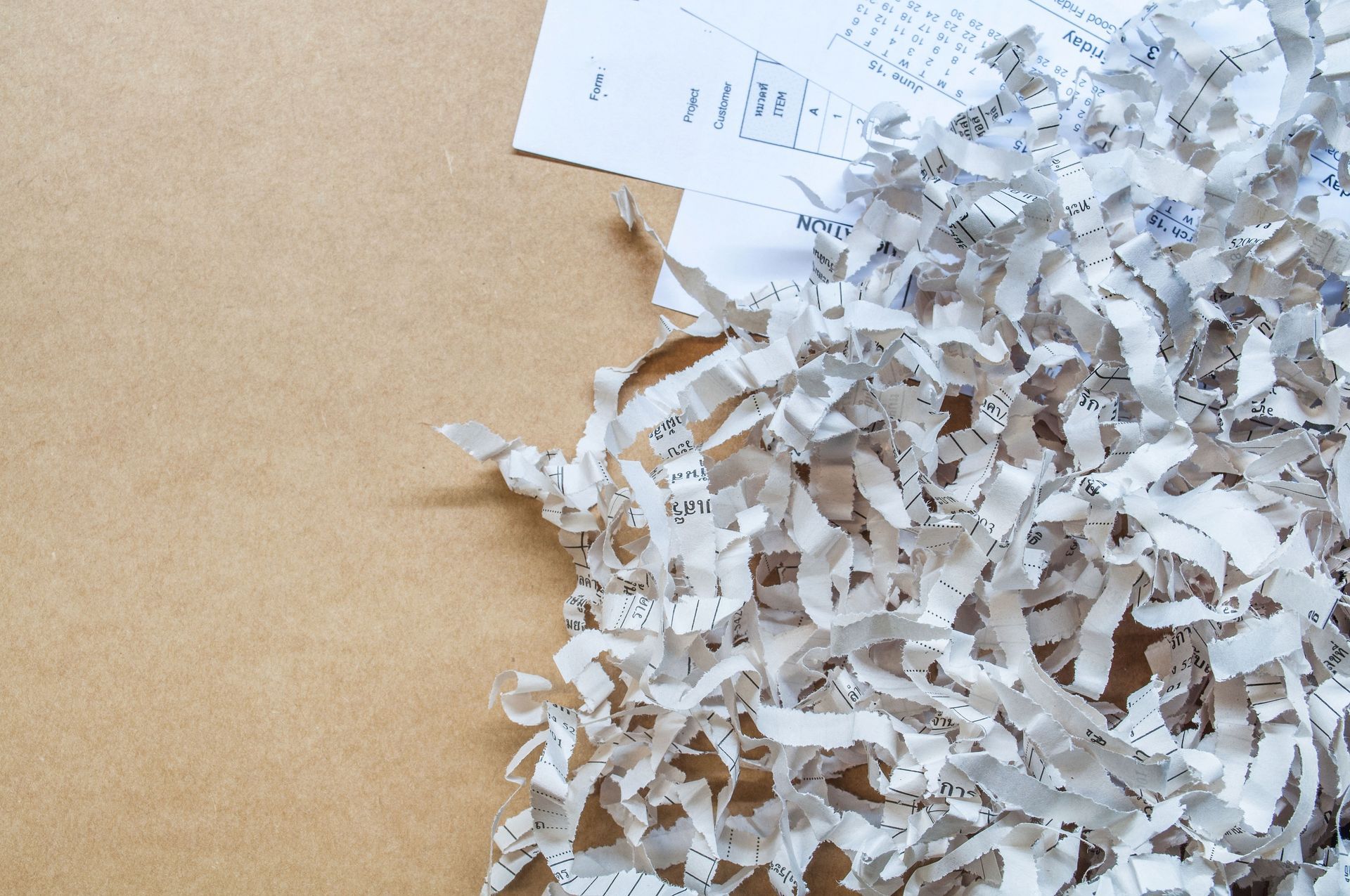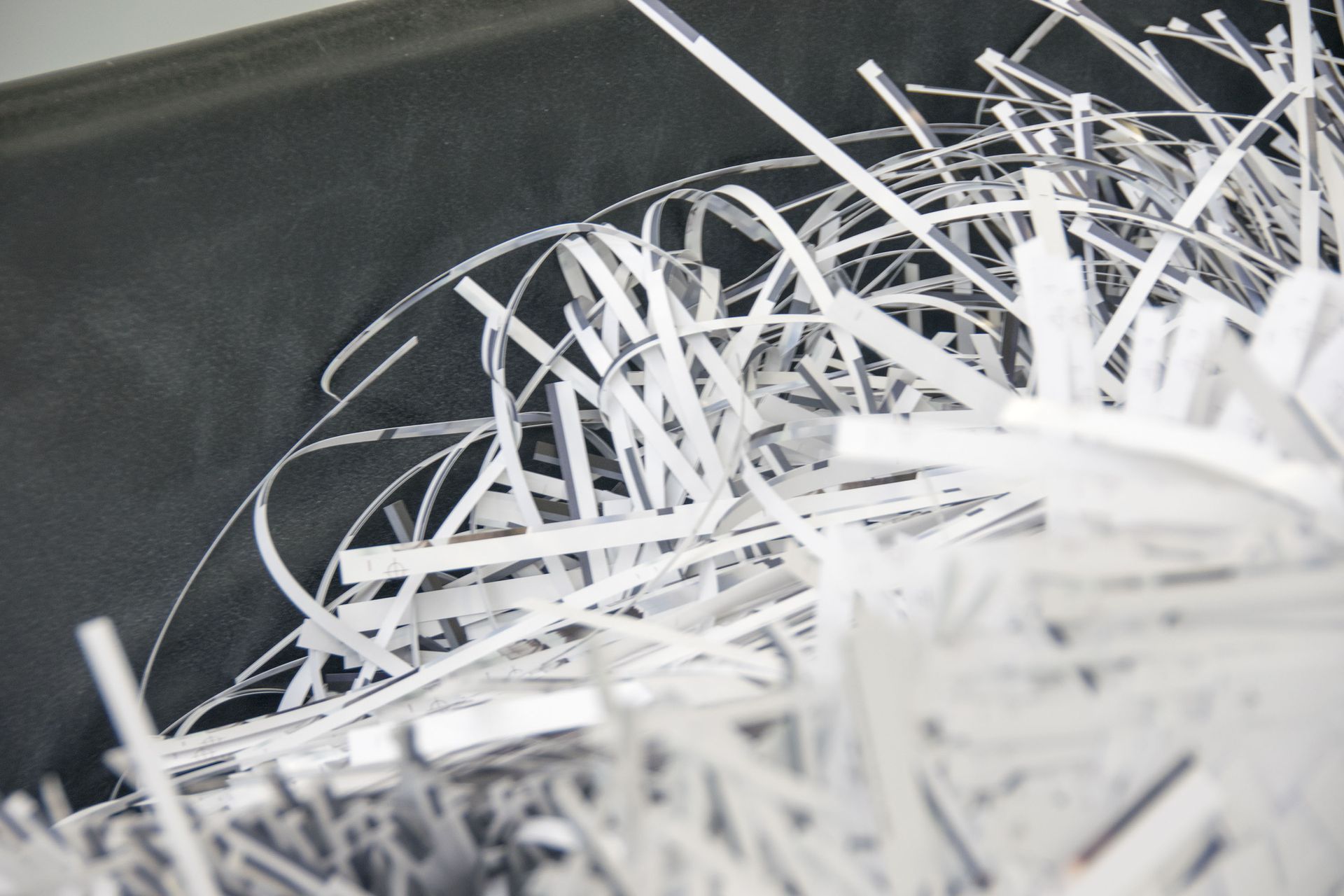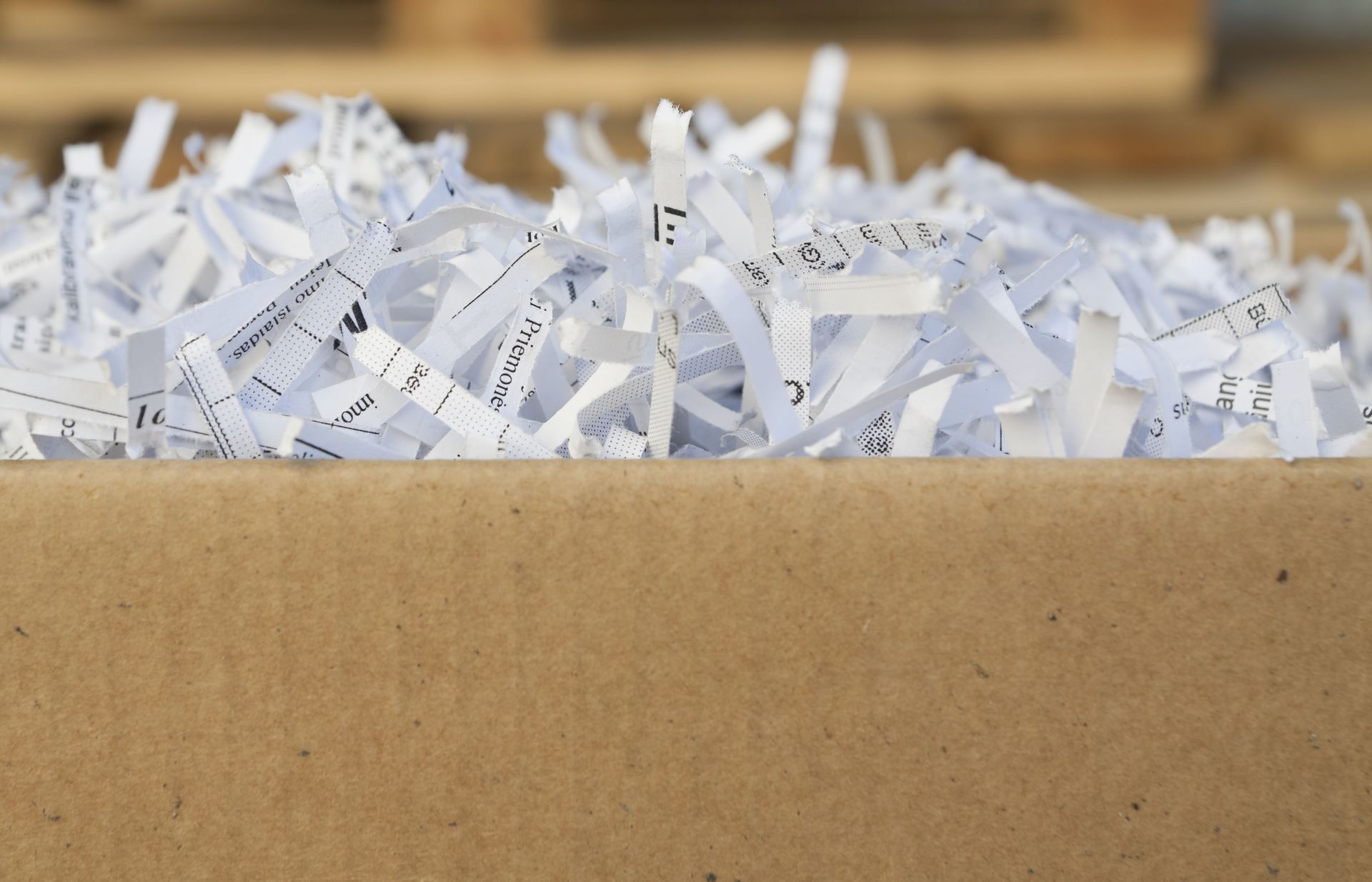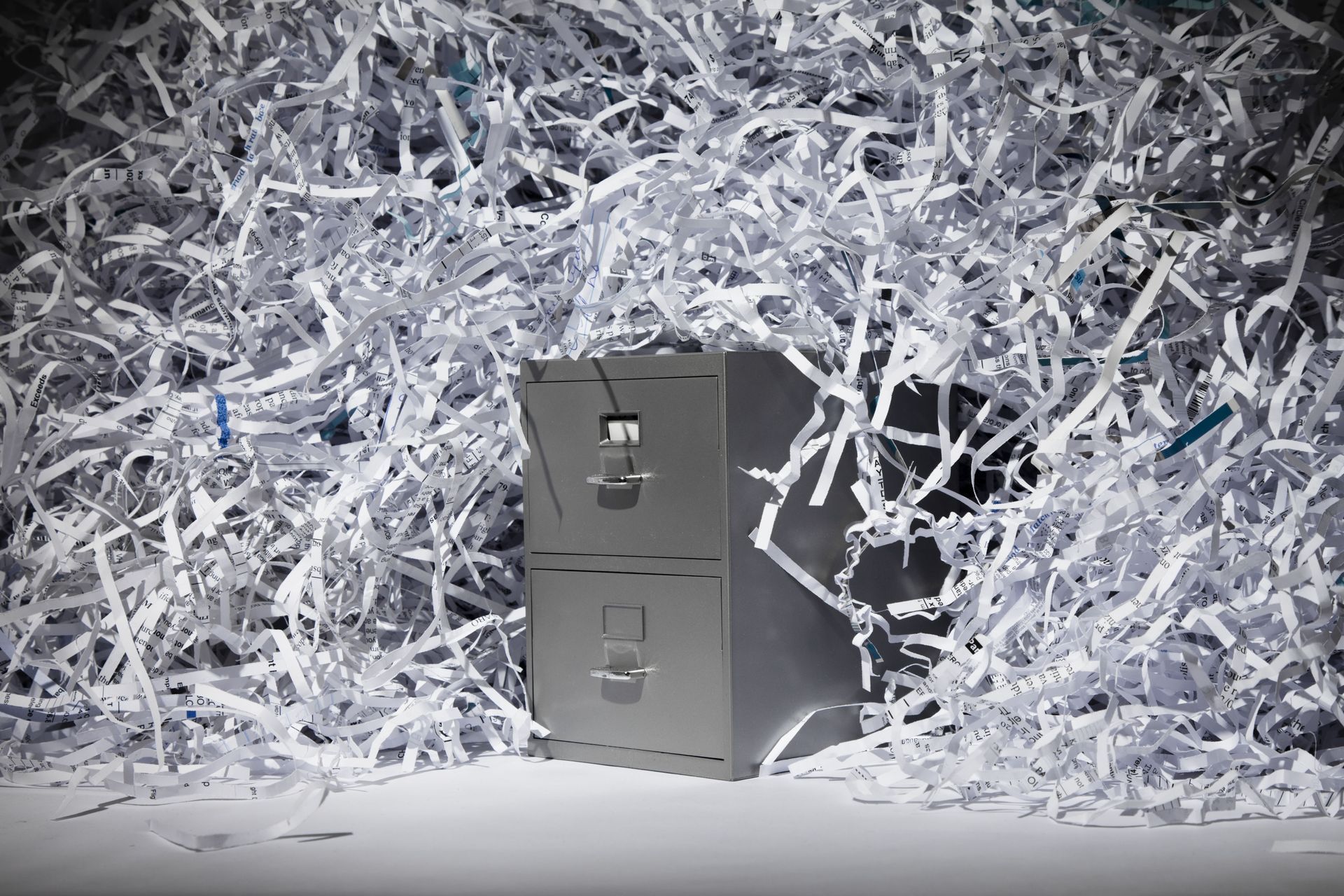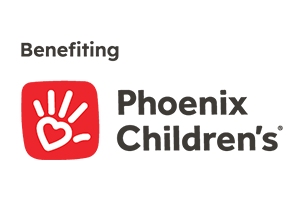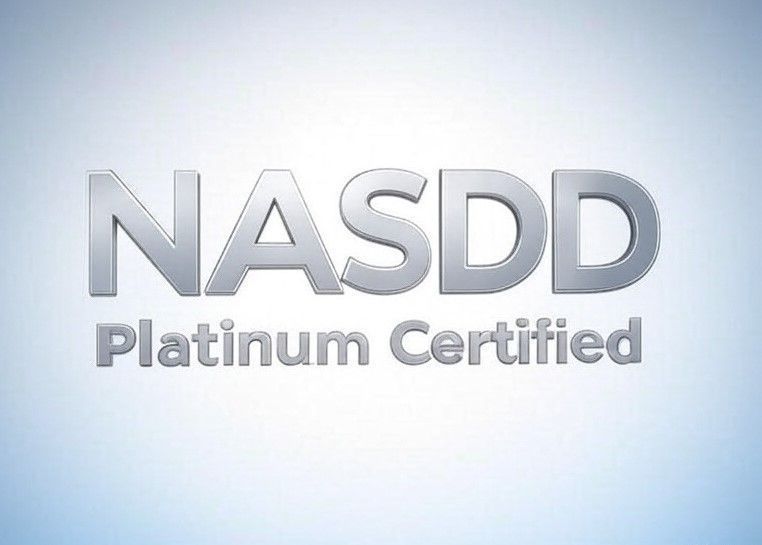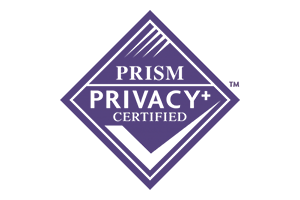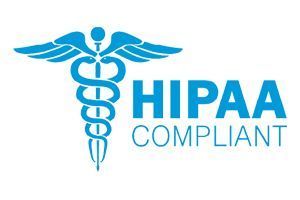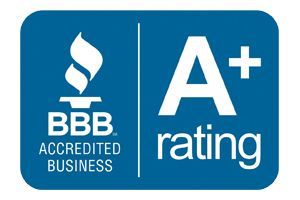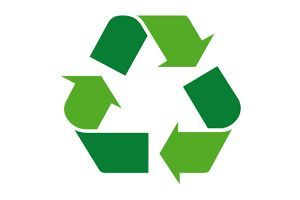Why Paper Shredding is Essential for Data Security
November 11, 2025
In today’s digital age, businesses and individuals alike often focus on protecting data stored online or on devices. However, physical documents can be just as vulnerable to breaches if not properly disposed of. Paper shredding remains a cornerstone of comprehensive data protection, ensuring that sensitive information does not fall into the wrong hands. Whether for a small business, a healthcare provider, or a financial institution, implementing a secure paper shredding program is critical for maintaining privacy, preventing identity theft, and complying with data protection laws.
How Does Paper Shredding Protect Your Information?
Paper shredding serves as the first line of defense against data leaks and identity theft. When documents are shredded, they are reduced to tiny fragments that are nearly impossible to reconstruct. This prevents unauthorized individuals from gaining access to confidential details such as client records, employee information, or financial data.
Sensitive materials that are left intact in trash bins or recycling containers are easy targets for thieves and fraudsters. A single discarded file can contain Social Security numbers, account information, or medical data that can be exploited for personal gain. Regular paper shredding eliminates this risk by ensuring that every physical document is destroyed beyond recognition before disposal.
Furthermore, professional shredding services often use cross-cut or micro-cut technology, making the paper nearly impossible to piece together. This offers a higher level of security than simple strip-cut shredders used in offices. Whether performed in-house or outsourced to a secure provider, paper shredding is an essential step in protecting both personal and corporate information from misuse.
What Are the Legal Requirements for Paper Shredding?
Data protection regulations continue to evolve, and many of them require businesses to securely destroy documents once they are no longer needed. Paper shredding ensures compliance with these standards and demonstrates a company’s commitment to data security.
For example, healthcare organizations must comply with the Health Insurance Portability and Accountability Act (HIPAA), which mandates the secure disposal of patient records. Similarly, the Fair and Accurate Credit Transactions Act (FACTA) requires proper destruction of consumer information, while the European Union’s General Data Protection Regulation (GDPR) applies to companies handling EU residents’ data.
Failure to comply with these laws can result in substantial fines, reputational damage, and loss of customer trust. Paper shredding not only meets these requirements but also serves as a tangible demonstration of diligence in protecting sensitive information. By maintaining a consistent shredding policy, organizations can ensure that privacy laws are respected and enforced throughout their operations.
How Often Should Businesses Shred Documents?
The frequency of paper shredding depends largely on a company’s size, industry, and document retention policy. Businesses should develop a schedule that ensures sensitive materials are regularly reviewed and securely destroyed when no longer necessary.
Many organizations adopt a monthly or quarterly shredding schedule to stay organized and minimize the accumulation of outdated paperwork. Others integrate paper shredding into their daily operations by using on-site secure collection bins that are emptied and shredded on a routine basis.
Conducting periodic audits can also help identify which documents should be retained and which should be shredded. This approach reduces clutter, frees up storage space, and ensures that confidential information does not linger longer than necessary. When paper shredding becomes a habitual process, it reinforces a culture of data protection throughout the organization.
What Types of Documents Should Be Shredded?
Not every sheet of paper in an office requires destruction, but any document containing personal, financial, or proprietary information should be securely shredded. This includes payroll records, bank statements, employee evaluations, customer account details, tax forms, and medical files.
Even seemingly harmless documents can pose risks if they include contact information or internal business data. Shredding invoices, receipts, contracts, and old correspondence can prevent unauthorized use of business or personal information. For organizations handling large amounts of client data, establishing clear guidelines about what requires paper shredding helps avoid oversight and ensures compliance across all departments.
It’s also important to remember that
paper shredding isn’t just for printed documents. Items such as sticky notes, envelopes with addresses, and outdated promotional materials may contain identifiers that could be exploited by bad actors. A proactive shredding policy ensures that every piece of information, no matter how minor it may seem, is properly protected.
What Are the Environmental Benefits of Paper Shredding?
While paper shredding primarily supports data security, it also offers notable environmental advantages. Once paper is shredded, it can be recycled efficiently into new products such as cardboard, packaging materials, or office paper. This process reduces waste and conserves natural resources.
According to the American Forest & Paper Association, in the United States in 2024, approximately 60% to 64% of all paper and 69% to 74% of cardboard available for recovery were successfully recycled. These high recycling rates are partially driven by secure document destruction programs and widespread paper shredding practices.
When businesses partner with shredding companies that incorporate recycling into their workflow, they help close the loop between data protection and sustainability. By ensuring that shredded paper is responsibly recycled, organizations can protect sensitive information while contributing to environmental conservation. This dual benefit highlights how paper shredding can serve both ethical and ecological purposes.
How Should Businesses Choose Between In-House and Professional Paper Shredding?
Companies must decide whether to manage paper shredding internally or outsource it to a professional provider. Each option has its benefits. In-house shredding gives businesses more control over the destruction process and immediate results. However, it can be time-consuming and may lack the advanced security measures that professional services provide.
Professional shredding companies often offer secure pickup, transportation, and destruction of documents, ensuring full compliance with privacy laws. They also provide certificates of destruction, giving businesses documented proof that materials were handled correctly. This can be invaluable during audits or compliance reviews.
Why Should You Hire a Professional Shredding Company?
While many businesses handle some level of paper shredding in-house, hiring a professional shredding company offers significant advantages in security, efficiency, and compliance. Professional shredders are equipped with industrial-grade machines that destroy documents far more thoroughly than standard office shredders, ensuring that sensitive information cannot be reconstructed or misused.
Partnering with a professional shredding company also helps organizations maintain compliance with privacy regulations such as HIPAA. These providers follow strict security protocols, including secure collection bins, chain-of-custody documentation, and certificates of destruction that verify materials were handled properly. This documentation provides peace of mind and legal protection in the event of an audit or investigation.
How Can Paper Shredding Build a Culture of Security?
Paper shredding isn’t simply a mechanical task—it’s a reflection of a company’s commitment to privacy, trust, and ethical responsibility. By integrating shredding into daily routines and aligning it with other data protection efforts, organizations create a security-first culture.
This culture extends beyond compliance and into reputation management. Clients and customers feel more confident working with companies that demonstrate care and diligence in safeguarding their information. Regular paper shredding, combined with secure digital practices, creates a well-rounded defense against both physical and cyber threats.
Paper shredding is far more than an administrative necessity—it’s a vital component of comprehensive data protection. It ensures compliance with privacy regulations, prevents identity theft, and supports environmental sustainability through recycling efforts. The continued growth in recycling rates, as reported by the American Forest & Paper Association, underscores the positive impact of secure document destruction on both security and sustainability.
By making paper shredding a regular part of operations, businesses can safeguard confidential data, comply with laws, and demonstrate their commitment to protecting clients and the environment. In a world where information security is paramount, paper shredding remains one of the most effective and responsible ways to protect what matters most. If you're looking for secure and reliable document shredding, contact Premier Document Shredding today!
